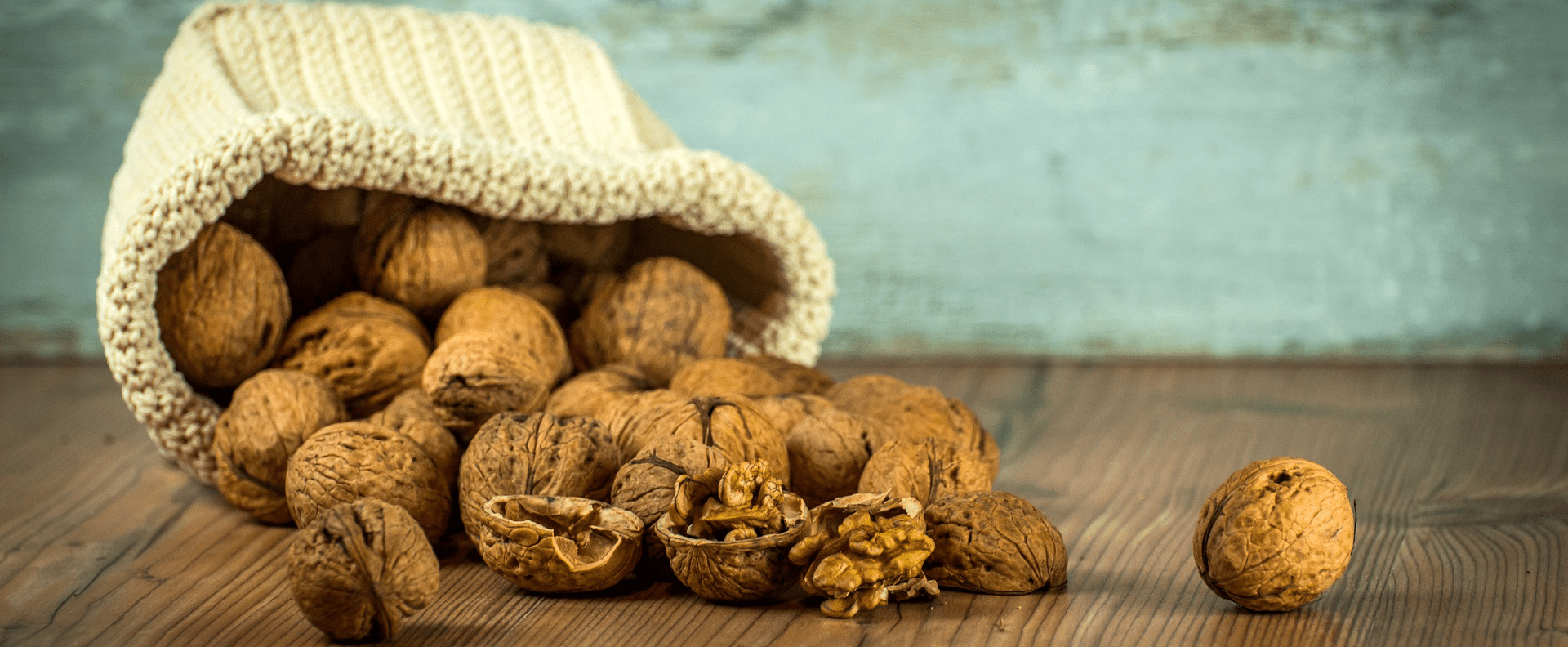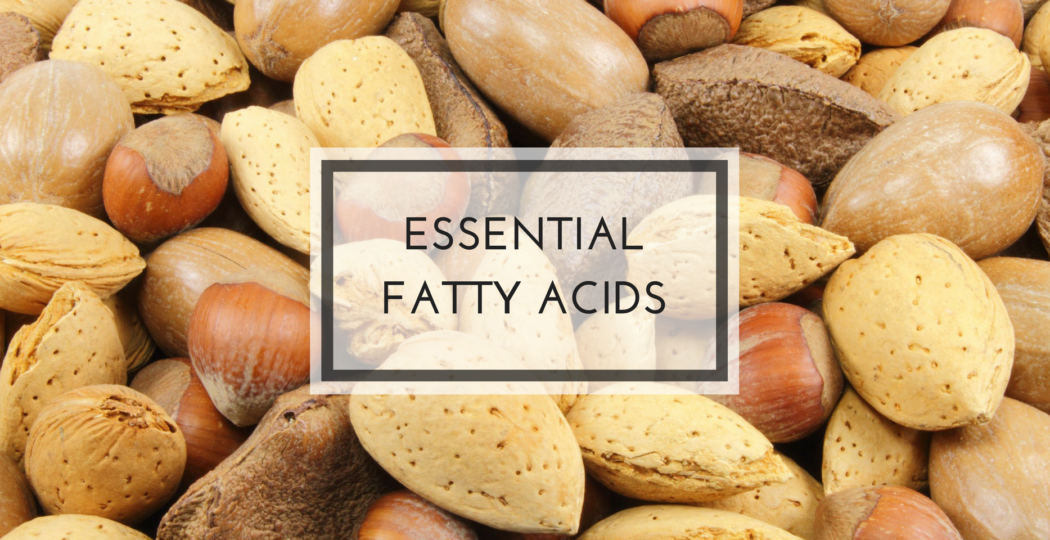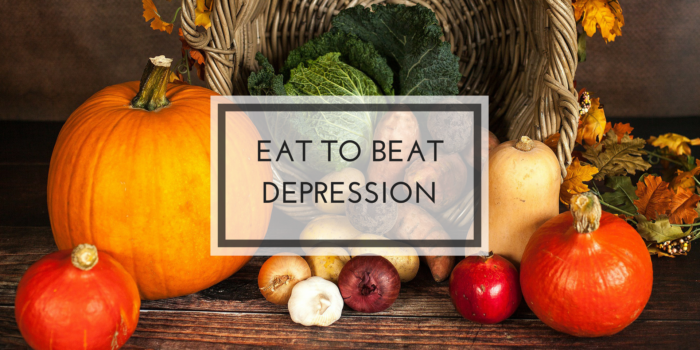Toxic Pollutants in Fish
All the world’s oceans and rivers are contaminated with toxic pollutants such as polychlorinated biphenyls (PCBs), dioxins and mercury. These toxins build up in fatty fish and may cancel out any beneficial effects of the omega-3s they contain. Farmed fish are not the answer since this unnatural method of rearing fish relies on a processed diet and as a result farmed fish have a lower omega-3 content than their wild counterparts. Farmed fish also contain more toxins due to the use of antibiotics and other harmful agents to prevent the spread of disease.
The Government has issued warnings to young people, pregnant and breast-feeding women, and those who may become pregnant one day, to limit how much oily fish they eat because these fish contain high levels of mercury. More recently, the Government has extended its warnings on dioxins and PCBs to include non-oily fish. You are better off getting omega-3s from healthy plant-based sources which are not laced with toxic pollutants. This benefits the environment too since plant-based sources of omega-3s are sustainable whereas fish are not.
Omega-3 Fatty Acids
The omega-3 fatty acid alpha-linolenic acid (ALA) is the precursor or “parent” to the two vital long-chain omega-3 fatty acids, eicosapentaenoic acid (EPA) and docosahexaenoic acid (DHA). ALA comes from seeds such as flax (linseed), hemp and pumpkin, and from nuts such as walnuts. However, nuts and seeds do not contain EPA and DHA and there are many factors that can hinder the body’s ability to convert ALA into EPA and DHA. Fish obtain their EPA and DHA from the algae they eat but we can, of course, miss out the “middle man” and eat the algae ourselves!
The European Food Safety Authority (EFSA) recommends an ALA intake of 2g per day, and the International Society for the Study of Fatty Acids and Lipids (ISSFAL) recommend a minimum intake of EPA and DHA combined of 500mg per day.
Omega-6 Fatty Acids
The omega-6 “parent” fatty acid is called linoleic acid (LA) and is found in seeds such as hemp, flax (linseed), sunflower and sesame as well as in nuts. This is converted by the body into gamma-linolenic acid (GLA), which is also found in borage, evening primrose and black currant seed oils. GLA is well known for its anti-inflammatory properties and use in female hormone balance.
The EFSA recommends an LA intake of 10g per day, and the generally recommended intake of GLA varies between 320mg and 2800mg per day.

I am a typical Vata in need of routine and structure and I have had a ‘daily timetable’ of healthy routines, foods, supplements and exercise for years now, gradually refining it as I live and learn.To achieve my daily quota of omega-3 and omega-6 fatty acids I am currently adding 30g of Linwoods’ Milled Flaxseed, Almonds, Brazil Nuts, Walnuts & Co-Enzyme Q10, 15ml of Viridian’s 100% Organic Hemp Seed Oil, four Brazil nuts and three walnut halves to my morning smoothie which I whizz up in my NutriBullet. I also take two Opti3 Omega-3 EPA & DHA capsules and one Nature’s Best Starflower Oil 1000mg capsule each day.
Obviously I still eat a healthy diet each day, but I like knowing that I have the essentials covered regardless – yes, I’m a control freak!
🙂










